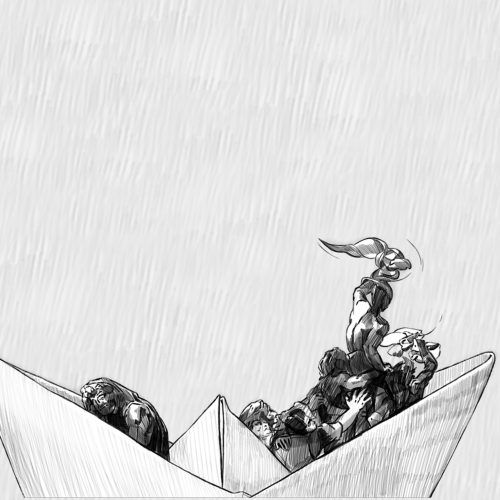Migrants’s situation in Lebanon after deadly blast in Beirut
The UN Refugee Agency (UNHCR) reported that at least 34 refugees were killed and 124 refugees were injured in the deadly explosion, which rocked Beirut on 4 August. The total death toll of the two explosions, which were caused by the 2,700 tonnes of ammonium nitrate stored for six years in a warehouse in the port of the capital of Lebanon, is over 200 dead, 6,000 injured and 300,000 homes damaged.
Lebanon is the country hosting the most significant number of refugees per capita in the world. It is a nation of only 6.8 million people, where there have been 1.5 million refugees from Syria since 2011, as the Syrian war erupted.
Some Palestinian and Syrian refugees offered their homes to the victims immediately after the deadly blast in Lebanon. Newsweek reported the story of a 28-year-old volunteer with the Lebanese Red Cross, who just after the blast went to social media to offer anyone affected by the catastrophe a place to stay in his house. Together with individual solidarity, countries and international organisations have sent aid packages, medical equipment and doctors.

























